Ruminant Orders: 0818 2710 10
Pig & Poultry Orders: 049 854 7588
Tel: 049 854 7588 | Fax: 049 854 7598
Green Strategies
Renewables
We are aware that the feed industry releases greenhouse gas emissions that is not favourable to the environment. This is why we consider the energy efficiencies of the machines we purchase and use.
All our forklifts are fully electric. All light bulbs are energy saving bulbs. These have led to a distinct reduction of our carbon footprint. These measures not only reduce energy consumption but also contribute to the overall sustainability of the feed milling industry.
We continually increase the use of renewable energy with the aim of reaching a net zero energy balance. Our emissions are measured and analysed to satisfy legislative requirements and inform us of our carbon footprint.
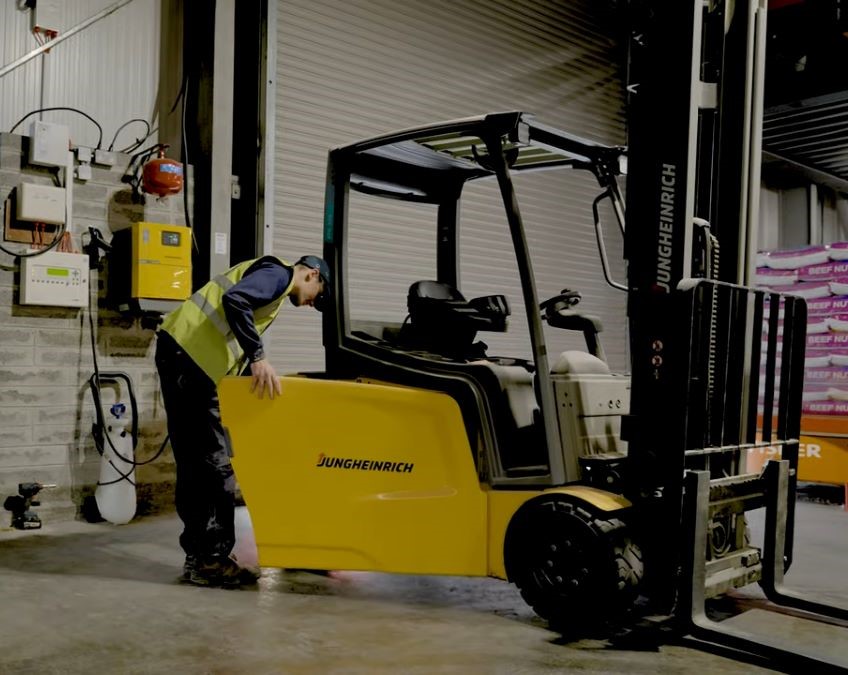
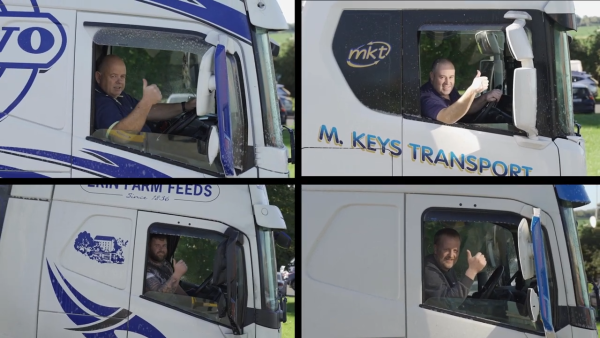
Fleet Management
Our transportation and logistics department are managed expertly to ensure energy efficiency. By careful monitoring, we are able to rate our energy consumption per tonne of feed delivered.
To further reduce our emissions, we use bulk trucks that are powered by Euro 6 engines.
Nutrition Advice & Animal Welfare
Nutrition of cows has a direct influence on longevity. Cows with greater longevity produce less greenhouse gases and effluents. There is less need for them to be replaced.
By providing nutrition advice that improves animal welfare, we have been able to improve longevity of cows. Such advice and campaigns have resulted in the reduction of greenhouse gas emissions.
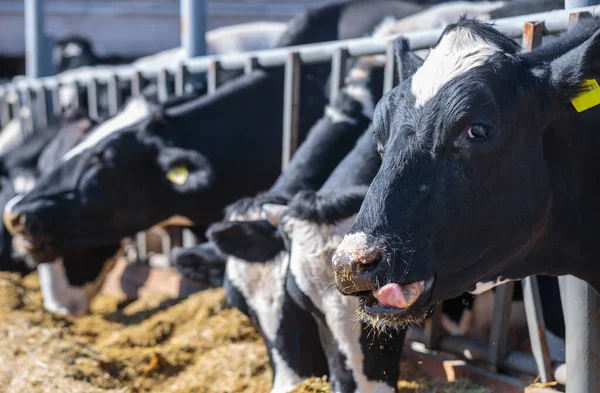
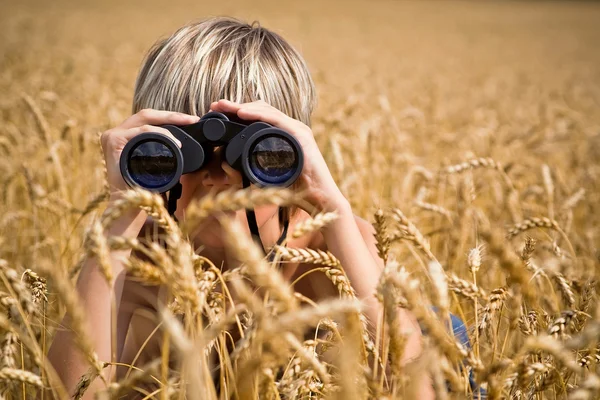
Alternative Feed Ingredients
It has become evident the feed industry cannot solely depend on the primary source of animal feed proteins sustainably (mainly soya). Alternative feed ingredients are being investigated worldwide with a view to finding the most financially viable and sustainable choices. At A.W Ennis, to improve the protein profile, amino acids- threonine, lysine, methionine, tryptophan, and valine are used incorporated.
Feed Safety
Feed safety assures quality. But more importantly, it avoids wastage. Tonnes of wasted feed is a waste of all resources that were invested into its production. This includes energy, human costs and environmental burden expended. Feed waste is a major contributor to greenhouse emissions. In the feed industry, there are current concerns about mycotoxins and heavy metals.
In 1992, A.W Ennis was the first feed producer to implement Hazard Analysis and Critical Control Points (HACCP). Over the years, more investments have been made in ensuring feed safety through staff training, provision of sophisticated laboratory, maintaining contracts with external laboratories and service providers. Good Manufacturing Practices (GMP) is enshrined in our day-to-day processes. Overall, this has helped to ensure the safety and quality of animal feed, which is important for both animal and human health.
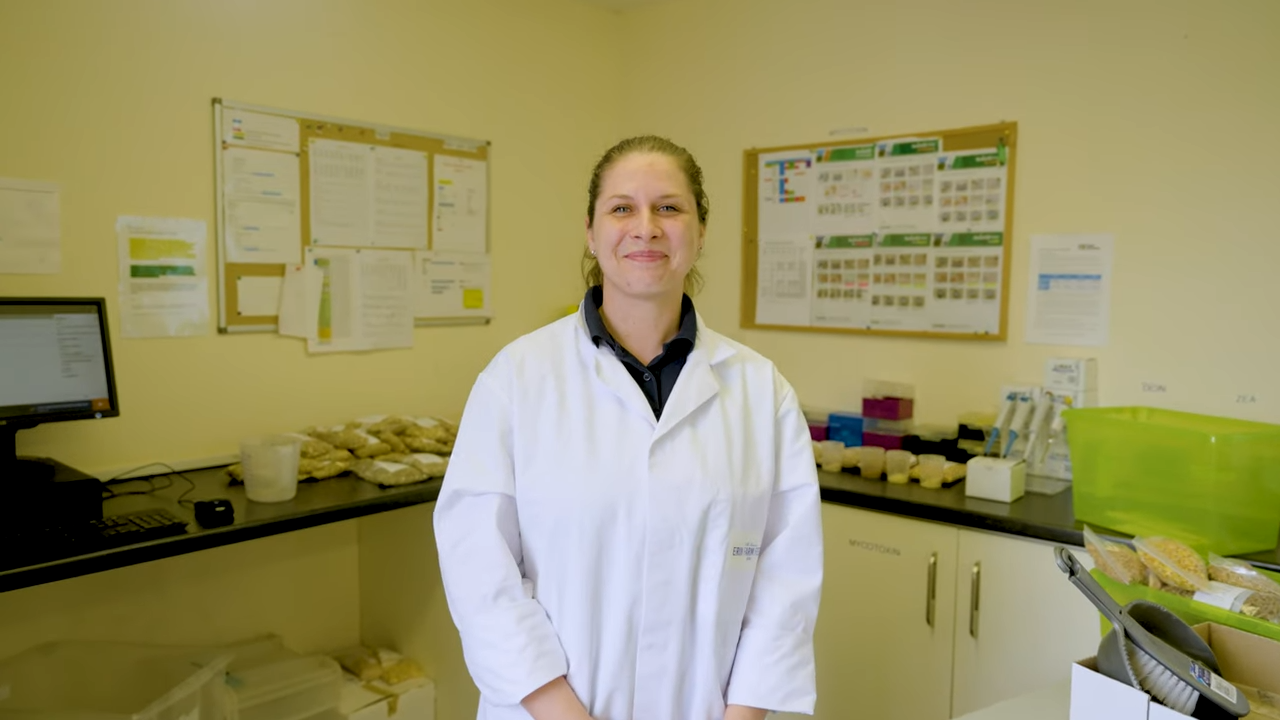
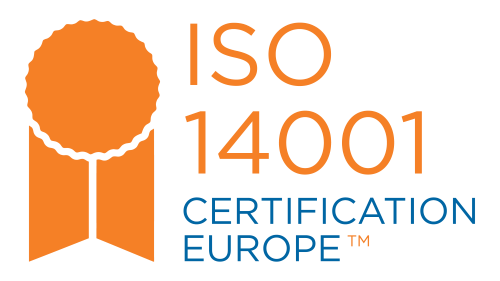
Accreditation
The Agricultural Industries Confederation (AIC), the UK and European body that certifies A.W Ennis, has a robust sustainability roadmap that aims to ensure sustainability in the food chain by 2050.
This roadmap to ensure a net zero carbon footprint encompasses the journey its members, government, and stakeholders will make to achieve this.
This, along with other GFSI schemes assures consumers that the feed they are purchasing has been produced in a sustainable and safe manner.

